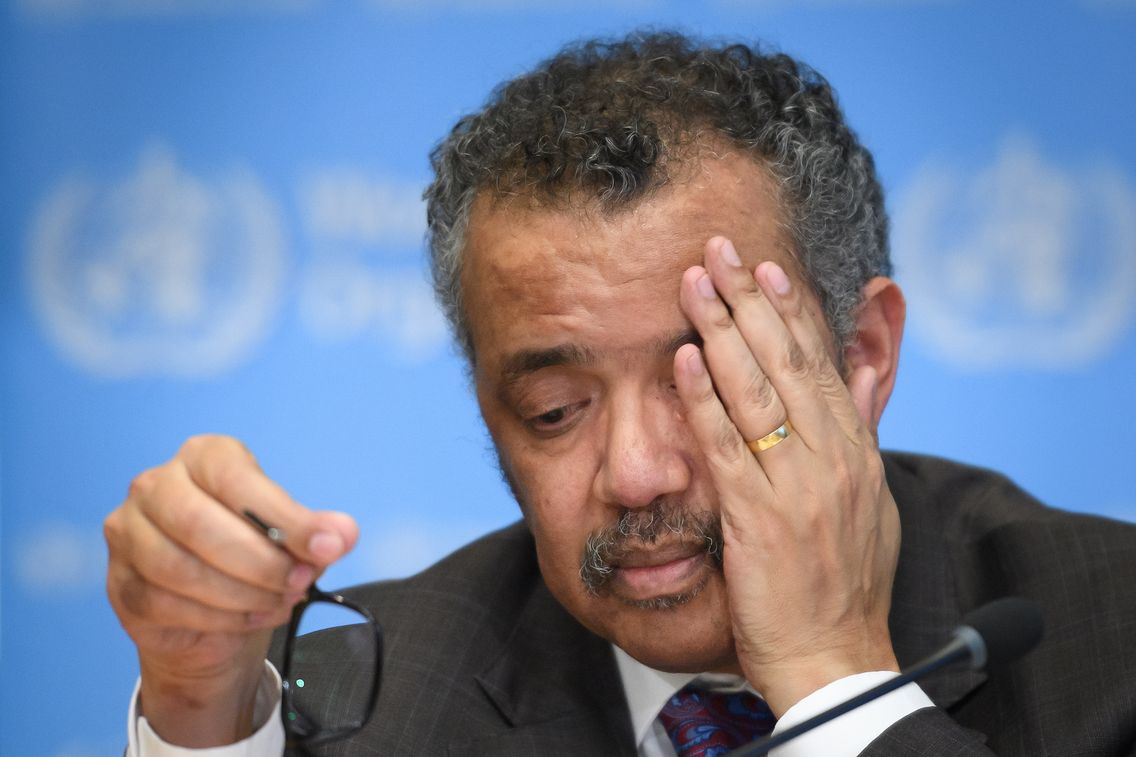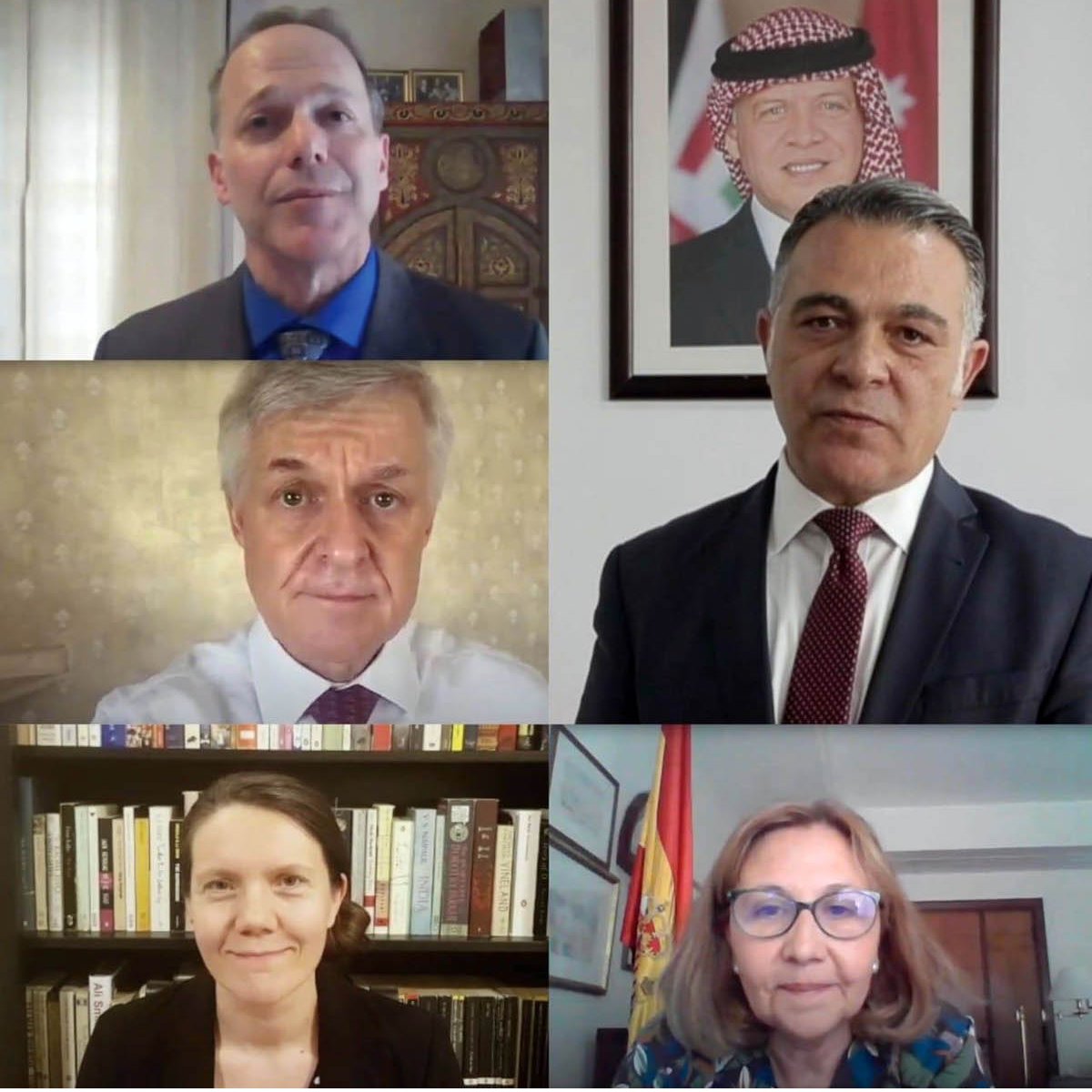The UN will partner with Saudi Arabia on Tuesday for a global pledging conference seeking $2.41 billion to fund COVID-19 food and health aid to Yemen, the world’s worst humanitarian crisis. The call for funds comes as the UN has been forced to cut approximately 75% of programs in the war-torn Yemen due to obstructions from Ansar Allah rebels, known as Houthis, and lack of funds.
“Tragically, we do not have enough money to continue this work,” the heads of 17 organizations representing the international humanitarian community said in a statement issued on Thursday.
“Of 41 major UN programmes in Yemen, more than 30 will close in the next few weeks if we cannot secure additional funds. This means many more people will die,” they warned.
The UN’s World Food Programme (WFP) and United Nations Population Fund (UNFPA) operations are at high risk and some have already been wound back, further reducing services for Yemen’s vulnerable women and children.
“It’s almost impossible to look a family in the face, to look them in the eyes and say, ‘I’m sorry but the food that you need in order to survive we have to cut in half,’” Resident UN Coordinator for Yemen Lise Grande told the Associated Press (AP News) on June 1.
UNFPA has been forced to suspend reproductive health services in 140 of 180 health care centers, leaving only 40 in operation. The UNFPA says lives have already been lost since the agency wound back services in mid-May.
A mother named Mariam receiving antenatal care through a UN-funded program died last week after suffering severe blood loss, with no doctor available to assist her. The incident shocked clinic workers who feel powerless now UNFPA support is no longer available.
“The most painful part is that now we are powerless and we cannot do anything about it,” said BaniShamakh center nurse Adel Shuja’a.
“We are in this poor community that is exhausted from war. The suffering of poor families has increased, and we may lose many of our mothers and children,” he said, noting that the supply of crucial folic and iron supplements has now ceased.
The Houthi rebels who control northern Yemen have complicated aid delivery, obstructing distribution and failing to allow UN oversight and monitoring aimed at ensuring support gets to the people who need it most. The US cut funding to programs in Houthi-controlled areas earlier this year citing rebel interference, and the UN has investigated its own locally-stationed personnel for corruption and fraud in the past.
The UN considers Yemen the world’s worst humanitarian crisis, and in addition to the ongoing war, the country’s minimal and failing public health system is now being stretched to cope with COVID-19. As of June 1, 327 cases and 50 COVID-19 were recorded in the conflict-ravaged nation, but due to lack of testing facilities the numbers could be much higher.
Read also: Yemen Crisis Escalates as Former Allies Clash Amid Health Crisis





